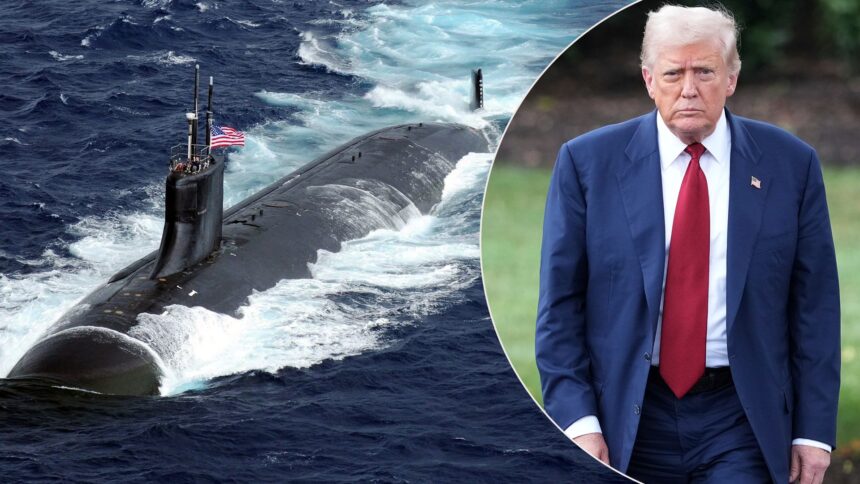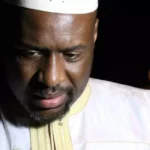U.S. President Donald Trump has ordered two nuclear submarines to be moved to “appropriate regions” following a sharp exchange with former Russian president Dmitry Medvedev.
The move comes after Medvedev, now deputy chair of Russia’s Security Council, warned Trump to remember that Moscow still possesses Soviet-era nuclear strike capabilities, including its “dead hand” retaliatory system—designed to automatically launch missiles in the event of a decapitating attack.
In a post on social media, Trump said: “Based on the highly provocative statements of the former President of Russia… I have ordered two nuclear submarines to be positioned in the appropriate regions, just in case these foolish and inflammatory statements are more than just that. Words are very important and can lead to unintended consequences. I hope this will not be one of those instances.”
Later, speaking outside the White House, Trump defended the move:
“A threat was made, and we didn’t think it was appropriate. I have to be very careful. This is about safety for our people.”
The tensions follow Trump’s recent ultimatum to Russia—demanding a ceasefire in Ukraine within 10 days or face new tariffs, including penalties for countries buying Russian oil. Moscow has so far shown no willingness to comply.
Medvedev responded by calling the ultimatum a “game of ultimatums” and warned that such actions could be “a step towards war.”
The U.S. president’s response marks a rare moment where Washington, not Moscow, escalates nuclear rhetoric. Trump’s decision to deploy submarines signals a significant deterioration in his previously ambiguous stance toward the Kremlin.
Analysts suggest the decision may indicate the end of Trump’s patience with Russian President Vladimir Putin. Although no exact location of the submarines was disclosed, the move represents a notable departure from verbal warnings to strategic action.
Whether Putin will respond directly remains uncertain. Historically, the Russian leader has avoided backing down to foreign pressure. However, observers believe Moscow may issue a symbolic counter-offer designed to ease tensions without making real concessions.



